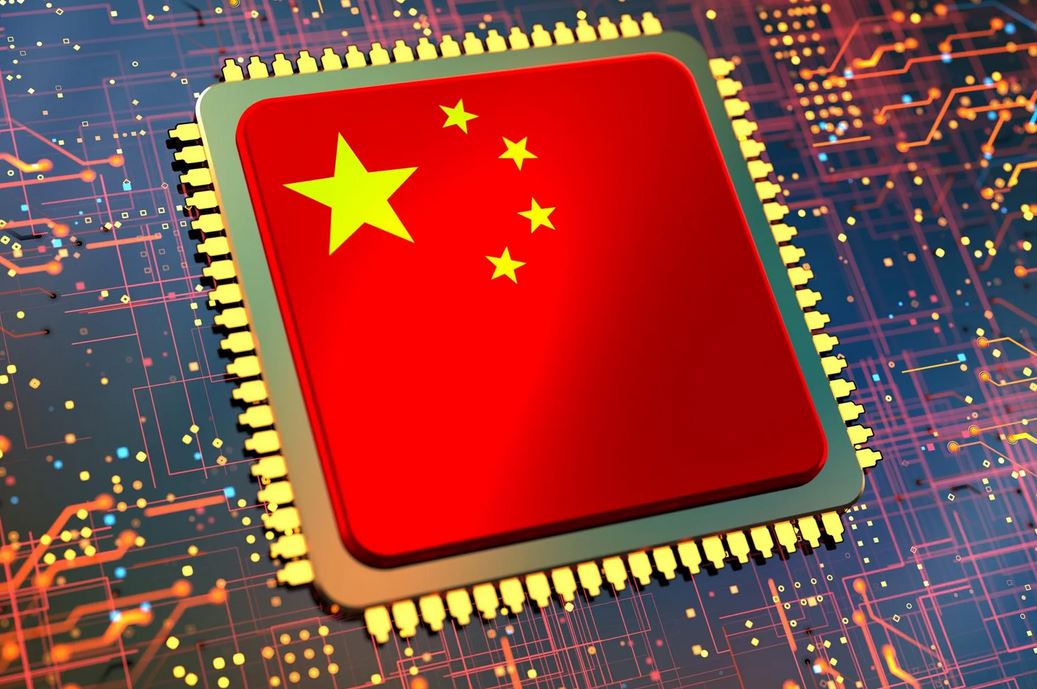In a move emblematic of the growing technological Cold War, the United States has recently intensified efforts to curb the influx of Chinese-made electric vehicles (EVs) and appliances into the American market. On the surface, this policy aims to protect national security and domestic industries from potential espionage and economic dependency. However, beneath this protective veneer lies a stark contradiction: while ordinary Americans are steered away from Chinese products, the U.S. Defense Department continues to source crucial components from no fewer than 1,500 Chinese companies.
The latest clash in this ongoing saga unfolded last month when the U.S. Commerce Department imposed stringent export controls on advanced chips with military and AI applications, aimed squarely at Chinese customers. These rules, described as "the most expansive export control in decades" by Sujai Shivakumar of the Center for International and Strategic Studies, block the sale of cutting-edge technology that could bolster Beijing's technological and military capabilities. Notably, this includes products like Nvidia’s high-performance A100 and H100 chips, essential for data centers and AI training, now barred from Chinese markets.
In retaliation, China might leverage its dominance in the rare-earth metals market, crucial for manufacturing a plethora of electronic devices and military equipment. This potential move harks back to 2010 when China cut off rare-earth exports to Japan over a diplomatic dispute, signaling its willingness to use economic measures as geopolitical tools.
The hypocrisy of the American stance is glaring. On one end, the administration is effectively telling U.S. citizens that Chinese technology is a threat to their way of life, pushing them towards more expensive domestic alternatives. On the other, the U.S. military is entangled in a web of dependency on Chinese manufacturing prowess to meet its defense needs. This dichotomy not only exposes U.S. consumers to higher costs but also belies the government’s stated concerns over security: if Chinese technology poses a national security risk, why does it not apply to the sensitive defense sector?
As tensions escalate, the global semiconductor industry finds itself in the eye of the storm, forced to navigate a volatile landscape shaped by U.S. sanctions and Chinese countermeasures. The situation underscores a harsh reality: the geopolitical chess game of tech supremacy affects more than just corporate bottom lines—it influences global stability and the strategic decisions of nations.
Europe, watching from the sidelines, has been spurred into action by these developments. The proposed European Chips Act, aimed at boosting local production, is a direct response to the vulnerabilities exposed by the U.S.-China tech war. This act represents a significant shift towards technological sovereignty, as European leaders recognize the dangers of being caught between two feuding superpowers.
In conclusion, the U.S. finds itself at a crossroads, championing a policy that could ultimately undermine its own economic and strategic interests. By alienating China and pushing for technological isolation, America risks losing not only a key supply chain partner but also the economic benefits of affordable technology accessible to its citizens. As this tech tug-of-war continues, it becomes increasingly clear that the U.S. must reconcile its internal contradictions to forge a policy that genuinely safeguards the economic well-being of its people.
